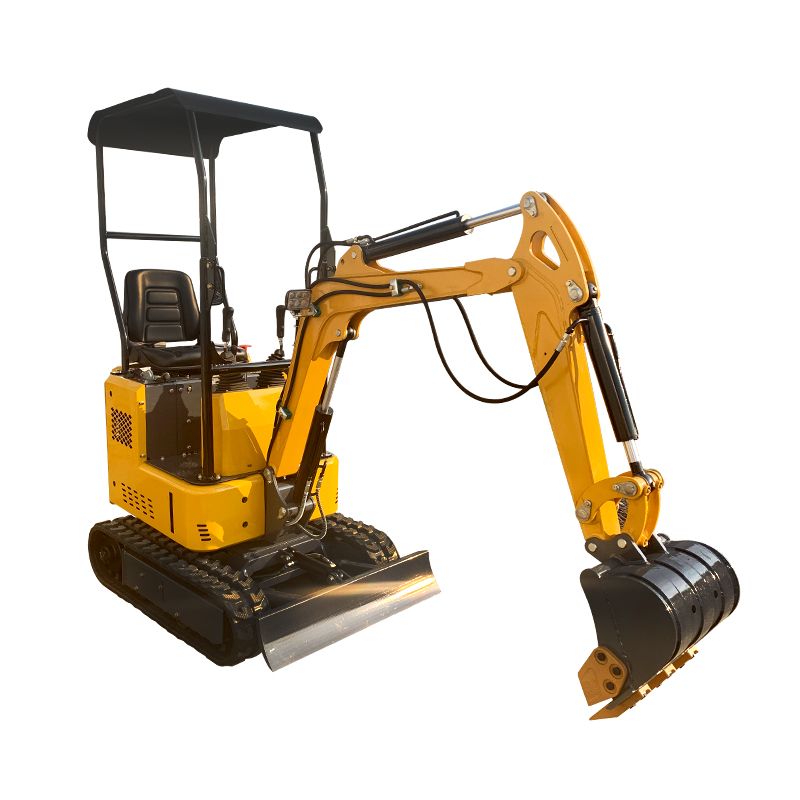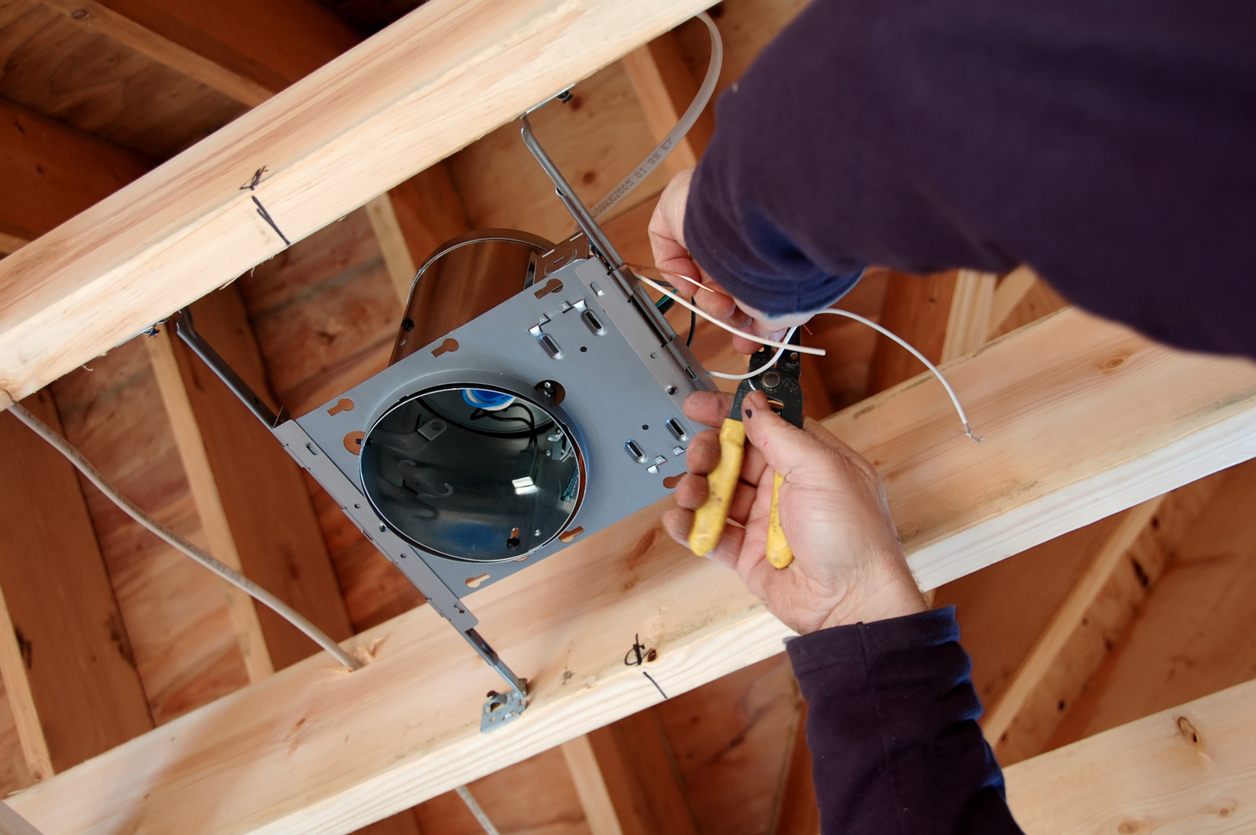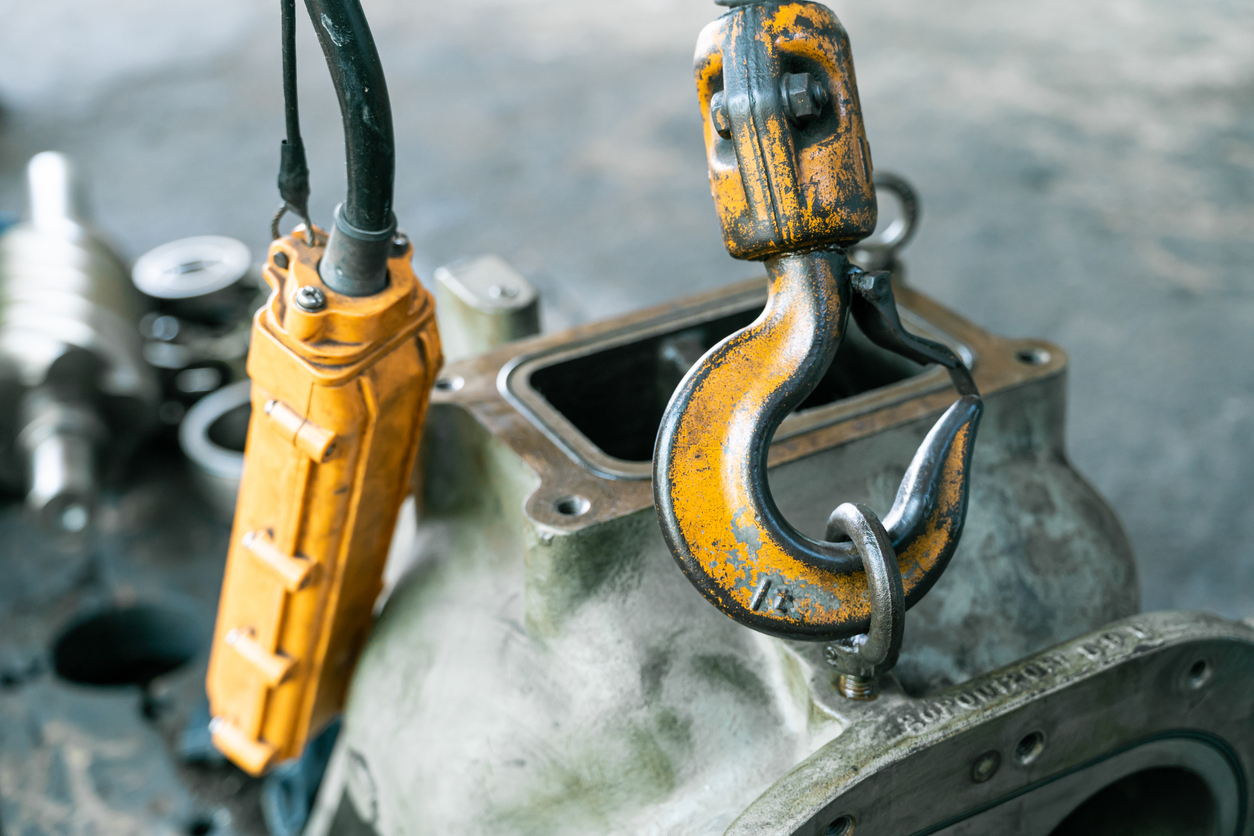How to Buy and Export Excavation Machinery from Kenya – A Step-by-Step Guide
How to Buy and Export Excavation Machinery from Kenya – A Step-by-Step Guide
Excavation is the process of digging or excavating soil and other surface materials to make space for a new construction or development. It is useful in areas with a lot of natural ground, such as forests, mountains and river valleys. Excavation machinery helps dig faster and more efficiently. An excavator is a piece of equipment that can be used to dig up soil, rock, gravel or anything else you put underneath it. It achieves this by extending its arm from the body of the machine and scooping up the desired material. To export excavators from Kenya, you will need to meet certain requirements set forth by the government agency responsible for monitoring all things related to commerce in your country. This article will help you understand what needs to be done in order to export excavators from Kenya so that you can sell them abroad legally.
Who Can Export Excavation Machinery From Kenya?
The key to successfully exporting excavators from Kenya is to make sure you meet all the legal requirements for export. Only then will you be able to sell excavators abroad legally. A lot of people mistakenly think that any person can export excavators from Kenya. This is wrong. Only a few categories of people can actually do this. The two main groups of people who can legally export excavators from Kenya are: – Companies that have been registered and incorporated in Kenya for at least a year. – Individuals who have been issued with a certificate of registration by the Kenya Revenue Authority (KRA).
Step 1: Find Out Which Government Agency Is Responsible For Exporting
To find out which government agency is responsible for exporting excavators from Kenya, you will first need to find out the name of the relevant authority. To do this, you can look at the address of the government office that is responsible for all things related to commerce in your country. You can also search the internet for the name of the agency. If you are unable to identify which government agency is responsible for exporting excavators from Kenya, you can also contact the commerce authority of your country directly or speak to a well-informed business consultant who can help you identify the right agency.
Step 2: Ensure That All Parts Are Certified And Meet The Required Standards
The next step in the process of how to export excavators from Kenya is to make sure that all parts meet the required standards for export. This includes the engine, tires, brakes and the other components of the excavator. During the process of how to export excavators from Kenya, all parts must be certified. This means that a certified company or person must inspect and approve each of the excavator’s components. While there are no set standards for the export of excavators from Kenya, it is highly recommended that you follow the standards set by the Association of Engineers and Contractors (AEC). The AEC has set standards in place for the export of machinery, excavators, and other heavy equipment.
Step 3: Confirm That The Excavator You Want to Sell Is Already Registered As An Exported Product
The third step in the process of how to export excavators from Kenya is to confirm that the excavator you want to sell is already registered as an exported product. This means that the excavator is already on the list of products that have been cleared to be exported from Kenya. You can check this list to see if your model of excavator is already included in the list. You can also look up the current regulations on the official website of your country’s commerce authority. If the excavator you want to sell is not yet registered as an exported product, you can fill out an application for it to be added to the list. In order to do this, you will need to provide various documents such as pictures of the excavator, details about the manufacturer, and so on.
Step 4: Provide an Invoice With All Details For Each Excavator You Are Exporting
The next step in the process of how to export excavators from Kenya is to provide an invoice with all details for each excavator you are exporting. The invoice should have all the information that is needed to track and identify the excavator. This includes the model, serial number, and the name and address of the seller. It is a good idea to use a standard government invoice for this. You can download a sample invoice online.
Step 5: Find out Which Documents Are Needed for the Export Process
To successfully export excavators from Kenya, you will first need to find out which documents are needed for the export process. There might be different documents that are needed from those that are needed to import excavators into your country. The following documents are needed for the export of excavators from Kenya: – Commercial Invoice – You will need to provide an invoice with all details. The invoice will include the name of the buyer, the price of the excavators, the name of the seller and the location of the seller. – Proof of Origin and Ownership – This document will show where the excavators were made and who owns them. – Bill of Lading – This document will show the location where the excavators are being shipped to and the name of the shipping company. It will also show the number of excavators that are being exported.
Step 6: Find Out Where the Excavators Will Be Shipped To and How They Will Be Sent There
The last step in the process of how to export excavators from Kenya is to find out where the excavators will be shipped to and how they will be sent there. The excavators will be shipped to the port of entry in your country. Once they arrive there, you will have to make arrangements to have them shipped to the location where they will be sold. You can choose to hire a shipping company to do this for you. You can also choose to personally ship the excavators using your own vehicle. Before doing this, however, make sure that you are following all local transportation laws and that you have all the necessary paperwork in place. You can also choose to send the excavators via air cargo. In this case, you will have to make arrangements to have the excavators packaged and ready to be sent by air.








LEAVE A COMMENT
You must be logged in to post a comment.